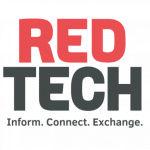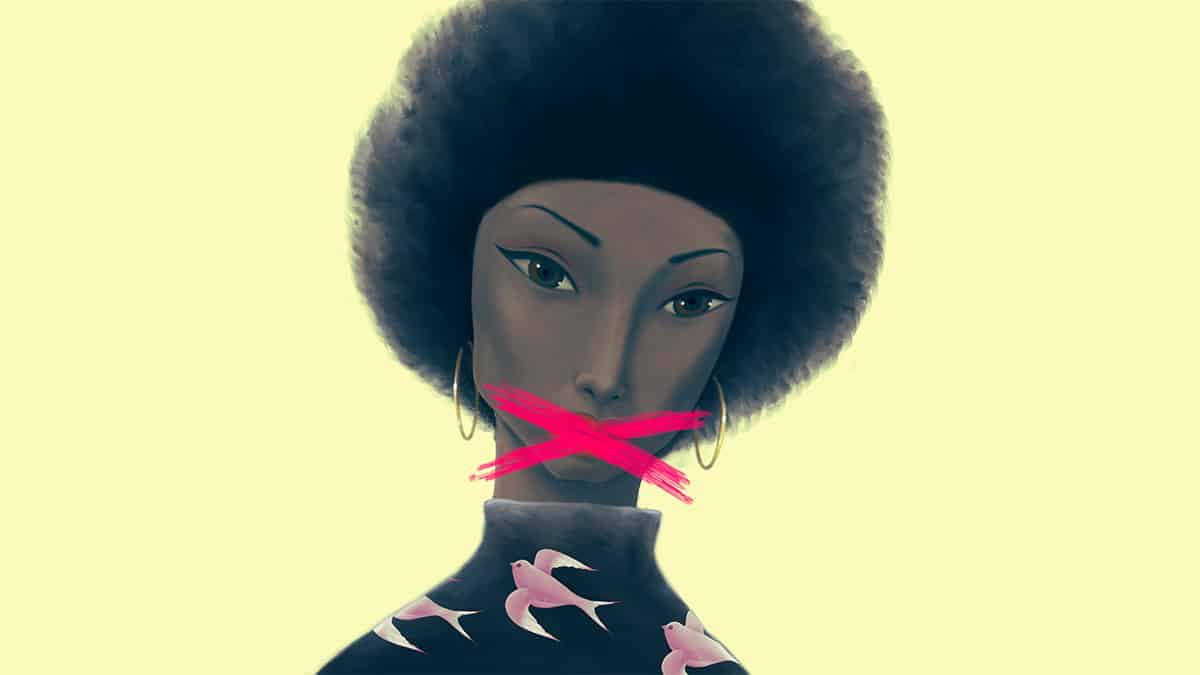HARARE, Zimbabwe — Like lawyers and doctors, media practitioners yearn for self-regulation. The fundamentals are enshrined in Article 19 of the Universal Declaration of Human Rights: the freedom to seek, receive and impart information and ideas through any media and regardless of frontiers. But journalists are also accountable to the profession and the public.
Historically, Southern African countries, including South Africa, Tanzania, Botswana and Zambia, had functioning self-regulatory media councils, with Namibia setting up an ombudsman’s office as part of its editors’ forum. But times are changing.
In Zimbabwe, the Voluntary Media Council of Zimbabwe (VMCZ) is campaigning for self-regulation as the best model for the media, as part of the Media Practitioners Bill, which proposes that the law provides for the transfer of crucial media regulating powers from the state. The bill emerged after the government set up the Zimbabwe Media Commission in 2010. The VMCZ is pushing for fully-fledged self-regulation.
“Media self-regulation is a valuable model in pursuit of press freedom, professionalism and healthy interaction between journalists and consumers of news and information,” argues VMCZ executive director Loughty Dube.
Ominous changes
The Media Council of Tanzania, which once described itself as a “court of honor” with no coercive powers, saw things changing in 2016 with the Media Services Act, which granted excessive ministerial powers that threatened critical media houses with closure. The Act restricts social media platforms through licensing processes and forces freelance contributors and correspondents to be nationally accredited. Global civil society groups like CIVICUS have applauded the recent commitment by the Tanzanian authorities to review the restrictive law and create a more enabling environment for media regulation.
Media self-regulation is a valuable model in pursuit of press freedom, professionalism and healthy interaction between journalists and consumers of information.
Loughty Dube
In 2019, Zambian media practitioners drafted a media voluntary regulation proposal — the Zambian Media Council (ZAMEC) draft bill. More than 250 delegates debated and later adopted the bill and presented it to the information ministry for enacting into law.
Last July, the International Association for Media and Communication Research (IAMCR) vehemently condemned Nigeria’s proposed legislation for statutory control of the media, with the government designing a “press code.” If passed, it would amend the Nigerian Press Council Act of 1992, contrary to the Windhoek+30 Declaration’s call on governments to guarantee “the exercise of journalism free of governmental interference, whether formal or informal.”
“After the 2011 Rwanda media policy that calls for more media self-regulation was passed by government, the state has the goodwill to promote media freedom. And that’s why it has decided to put regulation in the hands of media professionals. It involves all journalists — print, radio, television and the internet. Everyone must be accountable to this organ.” said Fred Muvunyi, then head of the Rwanda Media Commission before the state later tightened its grip on the media, forcing seasoned journalists like him to relocate to other countries.
Quality, ethics and diversity
South Africa’s approach to press regulation progressed from self-regulation in 2007 to independent co-regulation in 2012. The ICASA Act of 2000 established the Independent Communications Authority of South Africa to regulate the South African communications, broadcasting and postal services sectors. The South African National Editors’ Forum, a non-profit organization comprising editors, senior journalists and journalism trainers, is committed to promoting quality, ethics and diversity in the country’s media.
In Ghana, George Sarpong, the executive secretary of Ghana’s National Media Commission recently called for a comprehensive regulatory framework that would ensure a democratic regulation of the media to guide them in their operations. “We liberalized our environment without putting together the policies and regulatory framework that we need to promote the benefit of media freedom, while addressing any issues that come with it.” said Sarpong.
Media councils in Africa are struggling to find their space in a changing, difficult media and political terrain.
Franz Kruger
The statutory Media Council of Kenya regulates the media in that country. It is an independent national institution established by the Media Act of 2007 that also oversees journalists’ conduct and discipline.
Some African governments have generally regulated radio through minimizing frequency allocation to private players and ensuring that application for new licenses can only be done at the behest of the regulatory bodies, which can decide not to make new calls. In some cases, government officials have censured some openly critical political analysts from participating in some radio talk shows.
So, media self-regulation in Africa is checkered, and its future is uncertain. Franz Kruger, a media professor at Wits University in South Africa, observes that media self-regulation begins with individual journalists and editors who have the freedom to decide for themselves the limits they want to observe, and extends to industry-wide arrangements. “Media councils in Africa are struggling to find their space in a changing, difficult media and political terrain. They share many common challenges as they contend with hostile governments, poor journalistic practices and a lack of resources,” says Kruger.
The author is a Zimbabwe-based broadcaster and media trainer.

